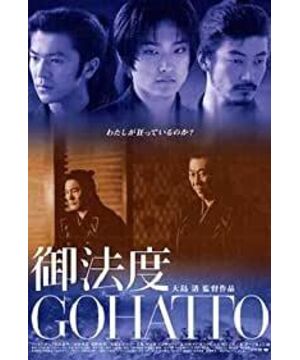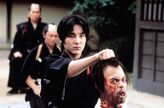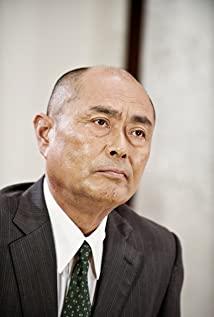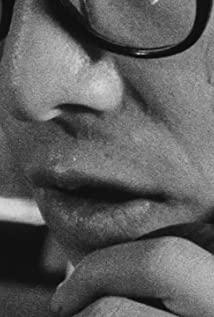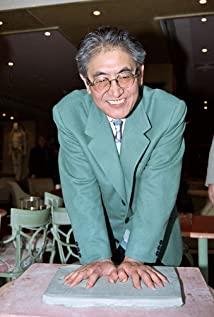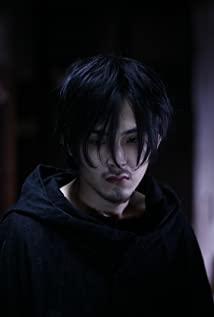(includes detailed analysis)
This article was first published on the public account: serious learning
[4] The Restoration of "The Imperial Law": the subtext hidden in the story of the rainy moon...
At the beginning of this series, I mentioned that I was attracted by the story of Mr. Okita telling a story to Toshihiro Hijikata when I first watched a movie more than ten years ago. Worked hard to write movie reviews.
In fact, it is quite a pity to say it seriously. As a lazy person, if it is not for the rare people who hold the same opinion as me in the Chinese Internet world since the film came out 20 years ago, I would not be so troublesome.
But I have to admit that I personally have always disagreed with the mainstream film critics of the film "Godfather".
I think most audiences are misled by the conclusion at the end of the earthwork (also successfully killed by Takeshi Kitano), which leads to always thinking about whether there is really a space for Okita x Ghana in the movie and so on.
But in fact, Nagisa Oshima has the most emotion in the whole "Yu Fadu" movie, it is clearly Tu Chong ah = =.
But goose, this view is very rare...it makes me very sad.
I once suspected that I had misunderstood the movie, but after rewatching it this year, I am more convinced of my opinion:
If Chief Okita really fell in love with someone in "The Imperial Law", that person could only be Hijikata.
Here’s a closer look at the director’s tactics hidden in this classic storytelling segment:
When I watched the movie more than ten years ago, I knew very little about the Shinsengumi, and Takeshi Kitano absolutely killed corruption, but why did I still come to the conclusion that 'I feel that the person that Okita really likes is Hijikata...' And do you still remember this part of his story?
The bottom line is that Nagisa Oshima took great pains to express the meaning beyond the dialogue in the language of pictures and shots, and I captured it.
There are two main methods of his: character scheduling & camera movement
It can be clearly seen that in this scene full of blue moonlight, while telling the story, Okita has been changing his position around the earthwork, sometimes sitting down, sometimes getting up, sometimes walking away, sometimes approaching.
In addition to keeping the audience from getting bored in the process of listening to the story, the director's approach has a more important role-that is, using the relative positions of the two people at different times and using pictures to complement the story. hidden meaning.
To put it simply: On the bright side, Okita is telling Hijikata a story that has nothing to do with them; but when he tells it so earnestly and so affectionately in the movie, and talks about some key points, the dynamics of their bodies and the story itself When a connection can be made - it should be rigorous and consider this unique film language, this subtext hidden under the dialogue.
The principle of camera movement is the same. I believe that if you watch it a few more times, you will find that the whole section of Okita’s storytelling is actually a long shot that has not been cut, but why the audience and the earthwork are not boring, and maybe they didn’t even notice it. Is this a long shot? The main reason is because the director's design for Okita is relatively complicated, and the camera moves closer or far, moving or still, as he tells it.
If the relative position of the characters is the hidden subtext that expresses the story, then the distance of the camera is to express the anxiety of Soji Okita when he tells the story.
This article was first published on the public account: serious learning
Related articles in the series:
An Analysis of the Directing Skills and Emotional Undercurrent of the Movie "The Imperial Law"
[1] The study of "The Imperial Law": the real historical foreshadowing and easter eggs
[2] The Mystery of "The Imperial Law": The Positioning and Presentation of Sozaburo Ghana
[3] The subtleties of "The Imperial Law": the simplest and most complex - Chief Secretary Okita
[4] The Restoration of "The Imperial Law": the subtext hidden in the story of the rainy moon...
[5] The treasures of "Yu Fadu": Where to Return
View more about Taboo reviews


